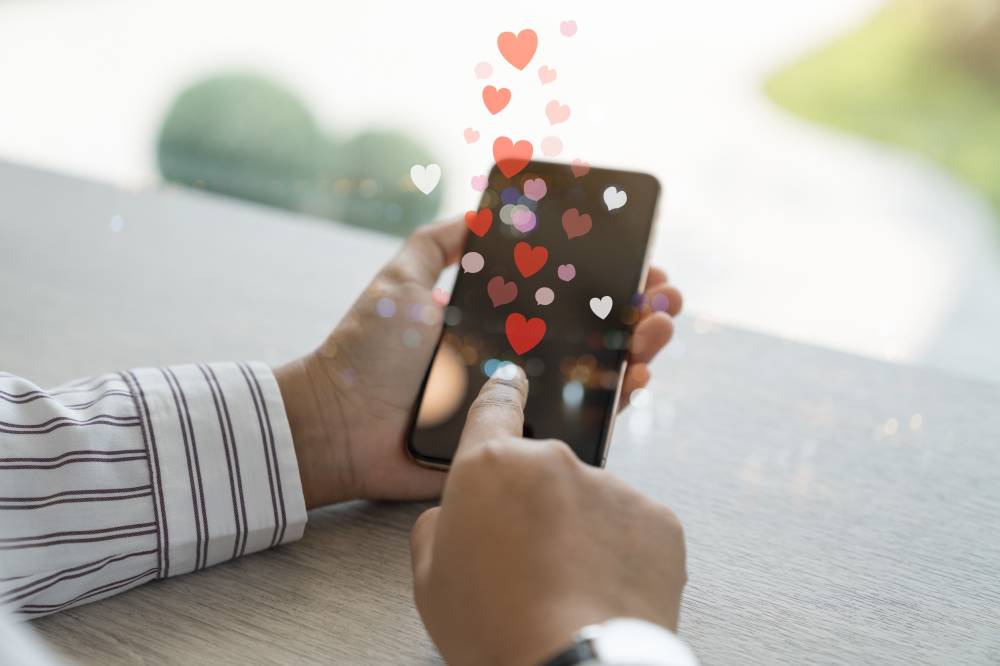Online dating: An inevitable social reality - Sociologist
From a sociological perspective, once a social phenomenon exists and is perceived, it cannot be erased.

SHAH ALAM - Despite its potential drawbacks, online dating needs to be seen as a social reality, says sociologist Associate Prof Dr Rosila Bee Mohd Hussein.
Social reality allows individuals to share their personal experiences by seeking others whose thoughts, words, and actions align with their own.
“It is a social reality that we all have to accept. From a sociological perspective, once a social phenomenon exists and is perceived, it cannot be erased. We must consider its long-term consequences and take steps to address any shortcomings, whether they are negative or positive.
“Online dating can be dangerous without proper guidance,” she said.
She highlighted the importance of comparing the practice of physical dating with online dating, noting that if physical dating is problematic, online dating might be even more so.
“According to my research, 10 per cent of people who date online remain married. But to what extent can we consider this a success and recommend it to others?” she questioned.
Dr Rosila highlighted the intangible nature of online dating, making it less real and more challenging to commit to compared to physical dating.
“Trust is easier to build in physical interactions where you can meet the person in person and rely on your gut feelings.
“You cannot judge a book by its cover, but online dating isn’t even a book,” she said.
She also pointed out the risk of virtual cheating, which is easier online, such as dating multiple people on various apps simultaneously.
Some people date online due to social media trends and the unique dating culture of today.
“Nowadays, we can see Artificial Intelligence dating, and even in India, we can see a woman marrying herself.
“For Muslims, they can start with Muslim dating apps that screen the people that apply to ensure genuineness and seriousness,” she suggested.
Generally, Rosila said she was not in favour of online dating because she believed the negatives outweigh the positives.
“Divorce cases today reflect the past, and even with less online dating previously, divorce rates were high. Imagine the impact of advanced technology like WhatsApp, where people can where people can profess Talaq with a simple text, leading to increased divorce rates in the future,” she said.
She also pointed out the risks of being scammed or becoming a victim of crime through online dating.
“Falling in love might lead to falling victim to scammers or catfishers,” Dr Rosila warned.
She stressed that people could present different personalities online and offline, making it unwise to trust online interactions.
Rosila also expressed concern about gadget addiction, which online dating could make worse.
“How sure are you that they are going to stop being addicted to social media to focus on the relationship, especially when it is online?” she questioned.
She stated that time helps to develop physical dating, but that could be detrimental to online dating, where one might not even know if they are with the right person.
Nonetheless, she acknowledged some positives of online dating, such as being more economical than physical dating and more suitable for introverts who could gradually open up at their own pace.
To cope with online dating safely, Rosila advised building virtual boundaries, such as not sharing intimate pictures, which could backfire.
The nature of the Internet, she said, means a conversation can become too personal too quickly, causing discomfort.
“This year marks the end of Generation Alpha. We don't know how Generation Beta will navigate online dating, but it could become a trend. The length of relationships, online or offline, remains subjective. At the end of the day, it’s a balance of pros and cons.”
Meanwhile, sociologist Associate Professor Mohd Azlan Mohd Noor said in a digital world, people prefer online dating because it is convenient for expressing emotions.
He also noted that the competitive world delays marriage due to career priorities, especially among women.
“More women are actively participating in higher education as well as the labour market today as compared to men, creating economic disparity where women are paid more than men.
“Such economic gap makes women have difficulties to get the right or suitable loving partner,” he said, adding that despite being a platform to find partners, there was no assurance of safety and trustworthiness in online dating.










